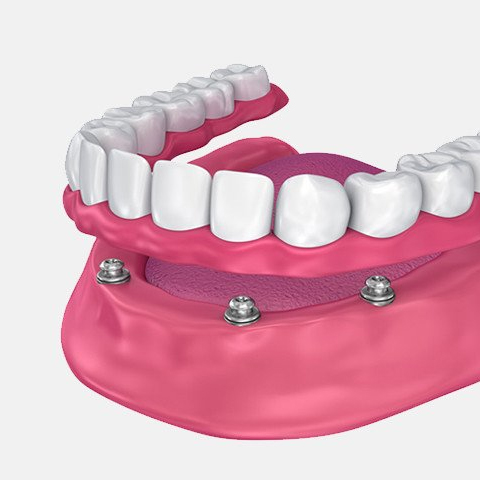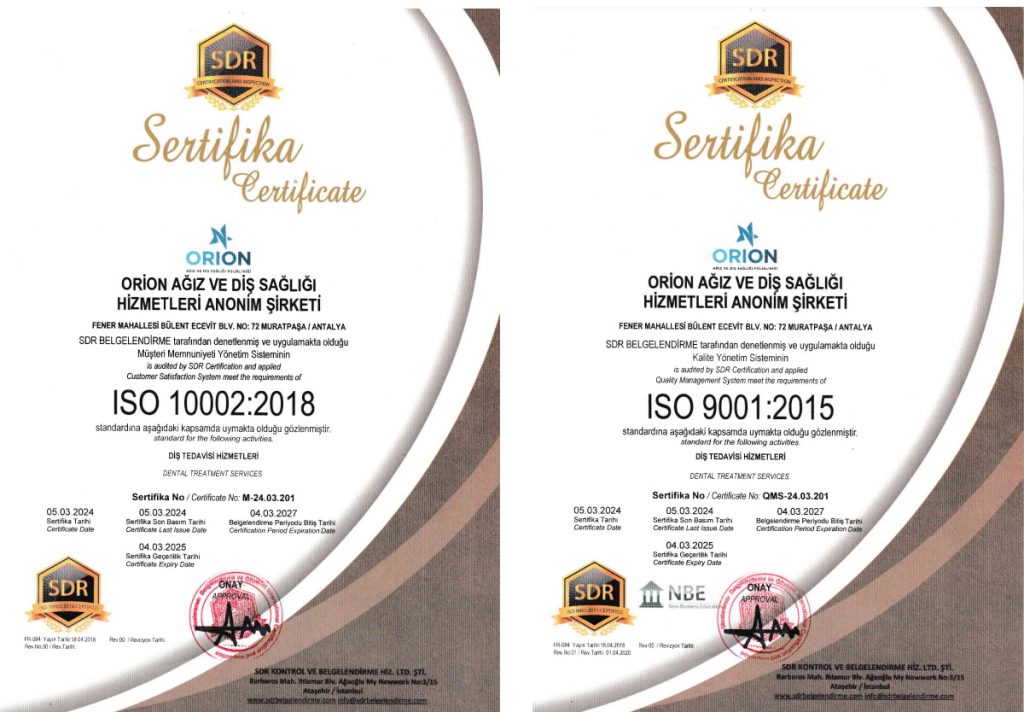- Fener Mah. Bulent Ecevit Blv. No:72 Muratpasa/ANTALYA

These are the types of prostheses created by adhering the structures prepared on the models obtained from the measurements taken after the preparation on the tooth in a way that they remain fixed on the tooth by adapting to the mouth.
When there are excessively curved, crooked and elongated teeth that will create incompatibility with the part to be prosthetic, instead of losing these teeth, the lengths of these teeth can be shortened and telescope crowns or precision retainers can be applied on them. These are the approaches where the abutment tooth is molded in the prosthesis and the movable prosthetic structure is applied on it.
They are overdenture prosthetics. Keeping the root of the tooth in the mouth will prevent osteoporosis and preserve the intraoral detection feature.
If there is no tooth left in the mouth to be taken as a fulcrum, force transmission, support and retention are provided by the prosthesis sitting on the tissue surface. Fully tissue-supported prosthetic applications are called total prostheses.

Copyright © 2022 Orion. Tüm Hakları Saklıdır.